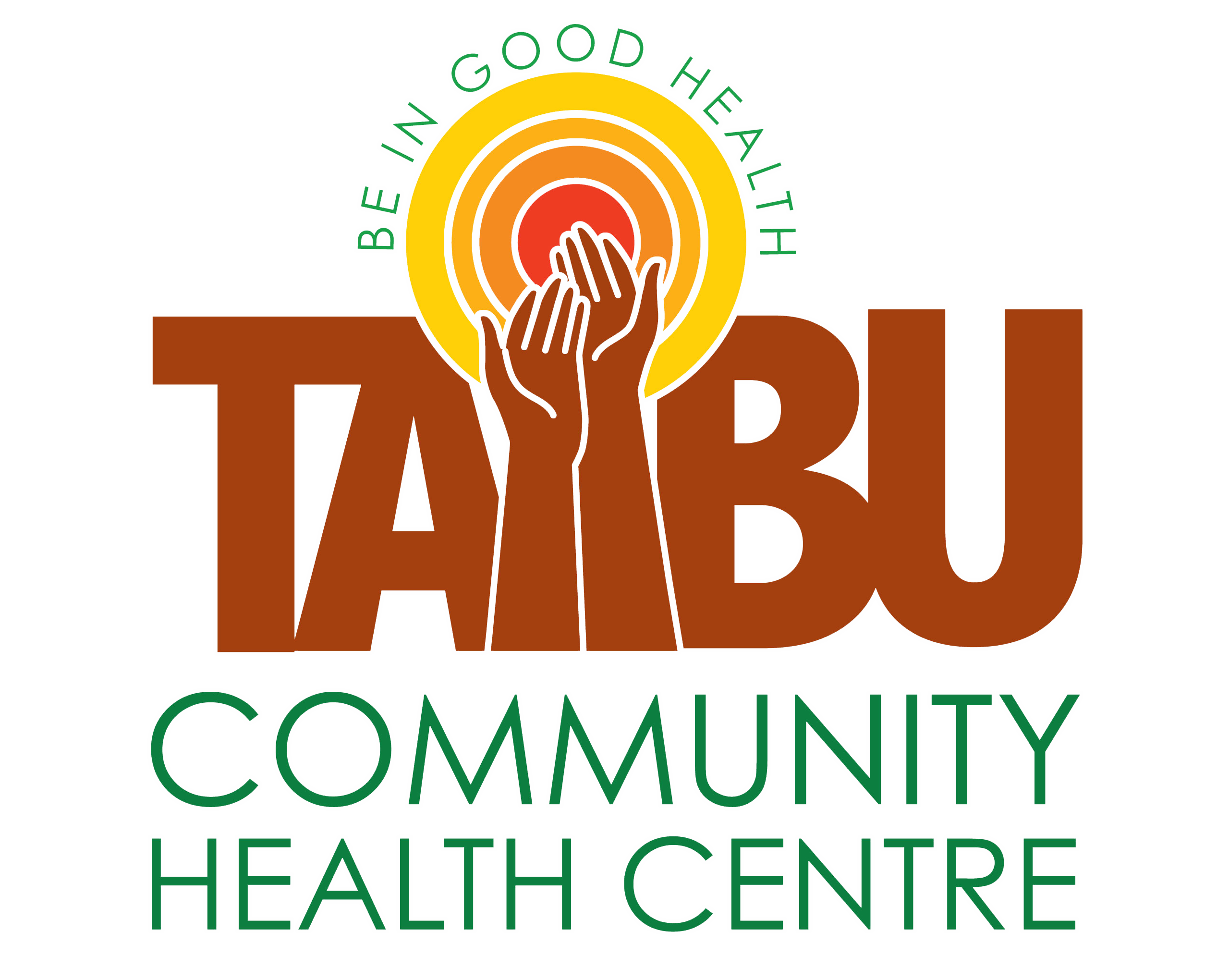ቶሮንቶ በ ከባድ የጉንፋን ቫይረስ እየተጠቃች ነው በርካታ ሰዎች በ ጉንፋን መያዛቸውን ሜትሮ ቶሮንቶ ጋዜጣ ዘግቧል
እጅን ደጋግሞ መታጠብ ማስክ ማድረግ ከታመሙ ወደ ስራ ወይም ት/ቤት ኣለመሄድ የ ፍሉ ሻት መውሰድ ይሻላል ይላሉ የጤና ባለሙያዎች
Why it seems like everyone you know is sick with the fluThere’s a perfect storm of respiratory viruses hitting Canada right now.
Genna BuckMETRO

The sounds of hacking, sneezing and sniffling fill the halls of hospitals, workplaces and schools across Canada.
We’re in the thick of a whopper sickness season, for two main reasons: One: There’s a particularly nasty flu — and a lot of it — going around. Two: Everything else is going around too.
Only a fraction of those who come down with flu-like symptoms are tested, so the real case count is certainly higher, but in the last two weeks of December, 3,177 people tested positive for flu in Canada. That’s a 10-fold increase over the 298 cases diagnosed in the same period in 2015.
Blame it on H3N2, said Dr. Allison McGeer, a flu researcher and director of infection control at Toronto’s Mt. Sinai hospital. That’s the main strain of influenza going around this year. And although the flu shot developed to fight it seems to be a good match, it might not stay that way for long, because H3N2 mutates really, really quickly.
There’s more: Through illness and vaccination, most people accumulate some immunity over the years to flu strains such as H1N1 and influenza B.
“With H3N2 it’s not like that,” McGeer said. “I’ve seen older people get two H3N2 infections six months apart. You don’t accumulate immunity, so you’re really dependent on this year’s vaccine.”
So H3N2 hits the old and frail the hardest. The flu shot also doesn’t work very well on them, making it doubly important for the healthy adults around them — family members and health-care workers — to get their shots, McGeer said.
Although public health people around the country are extremely busy at the moment (Dr. McGeer’s pager went off twice during our 30-minute chat), she was quick to say it’s not a crisis.
There’s enough flu flying around that patients and health-care workers have started to catch it inside the hospital. Wards have had to close to try to contain outbreaks, and group activities in long-term care and retirement homes have been cancelled.
Similar measures are being taken in other hot zones of widespread flu activity, like Calgary, which has seen 1,028 cases this season, said Dr. Gerry Preddy, senior medical officer of health for Alberta Health Services.
It’s awful, but it’s a predictable kind of awful.
There’s no need for a “flu situation room” with central management of resources like hospital beds, vaccines and anti-viral medications, like there was during the swine flu pandemic of 2009 and SARS in 2003.
“That’s for situations that are beyond our capacity — this is just a flu season. There is a need for a lot of communication. It is a lot of work, but we have to do it every year,” Dr McGeer said.
But there is something that makes this year different: other, non-flu respiratory viruses the Public Health Agency of Canada keeps track of are peaking at the exact same time as the flu.
A hockey-stick-like spike in the various respiratory viruses began before Christmas, making for an especially miserable season, explained Dr. Michael Gardam, an infection control researcher at the University Health Network.
In particular, there’s a lot of respiratory syncytial virus (RSV) about. It has very similar symptoms to the flu and can be dangerous to children with breathing problems and premature babies.
“My guess is we’re two-thirds of the way through the peak of this,” Gardam said. “It’s not just flu. I want you to get your flu shot, but we can’t rely on your flu shot as your only control measure.” Dr. Michael Gardam
Flu, flu go away: How to stay safe this season
Stay home if you’re sick
“People come to work hacking up a lung all the time. Work from home. Teleconference. … If you’re at home with fever and chills and you’re dying, don’t go to the bloody party. It’s not about you,” Dr. Gardam said.
And if you must go to work, stay as far away from others as you can, he added.
Wear a mask
If you’re coughing and you must be around other people, a mask provides a bit of protection. But make sure you’re not constantly touching your face to adjust it, then not washing your hands. That could be worse than no mask at all, Dr. McGeer warned.
Clean your hands
Although there’s some evidence it may be airborne, most people get the flu from close personal contact. When you go to bed you should be able to remember five times during the day that you washed your hands thoroughly or used an alcohol hand sanitizer, Dr. McGeer said.
Get the flu shot
It’s free, it provides some protection, and “there’s no downside,” Dr. Gardam said.
Source Metro News Toronto













